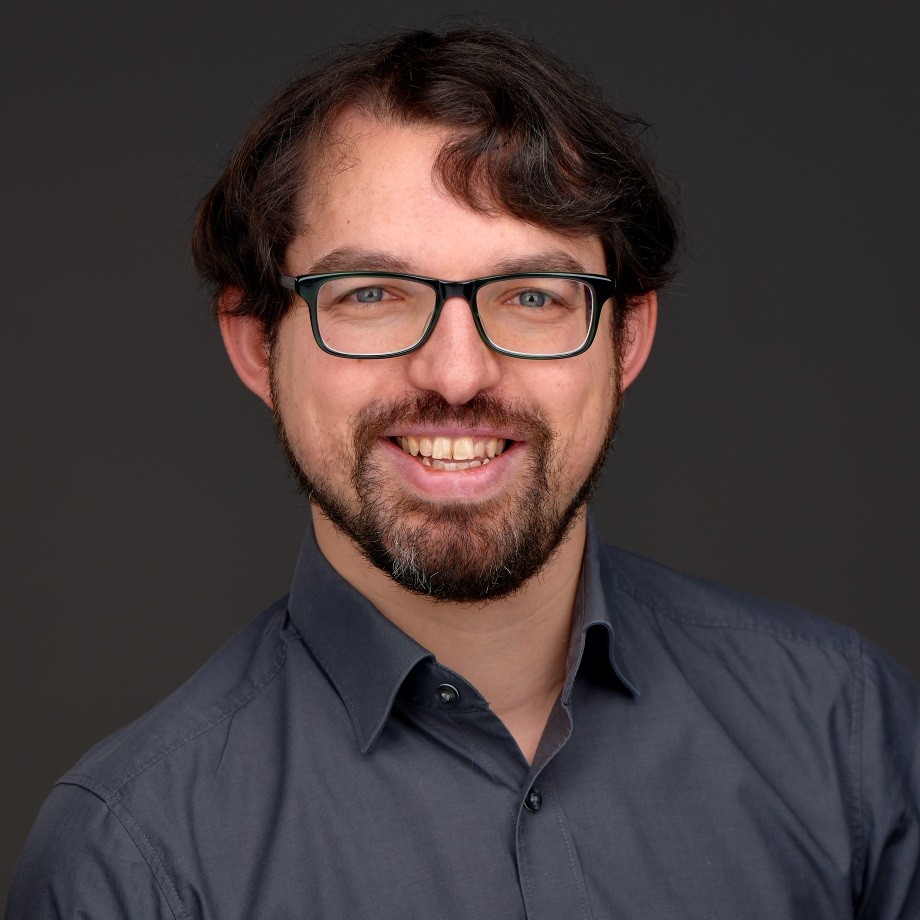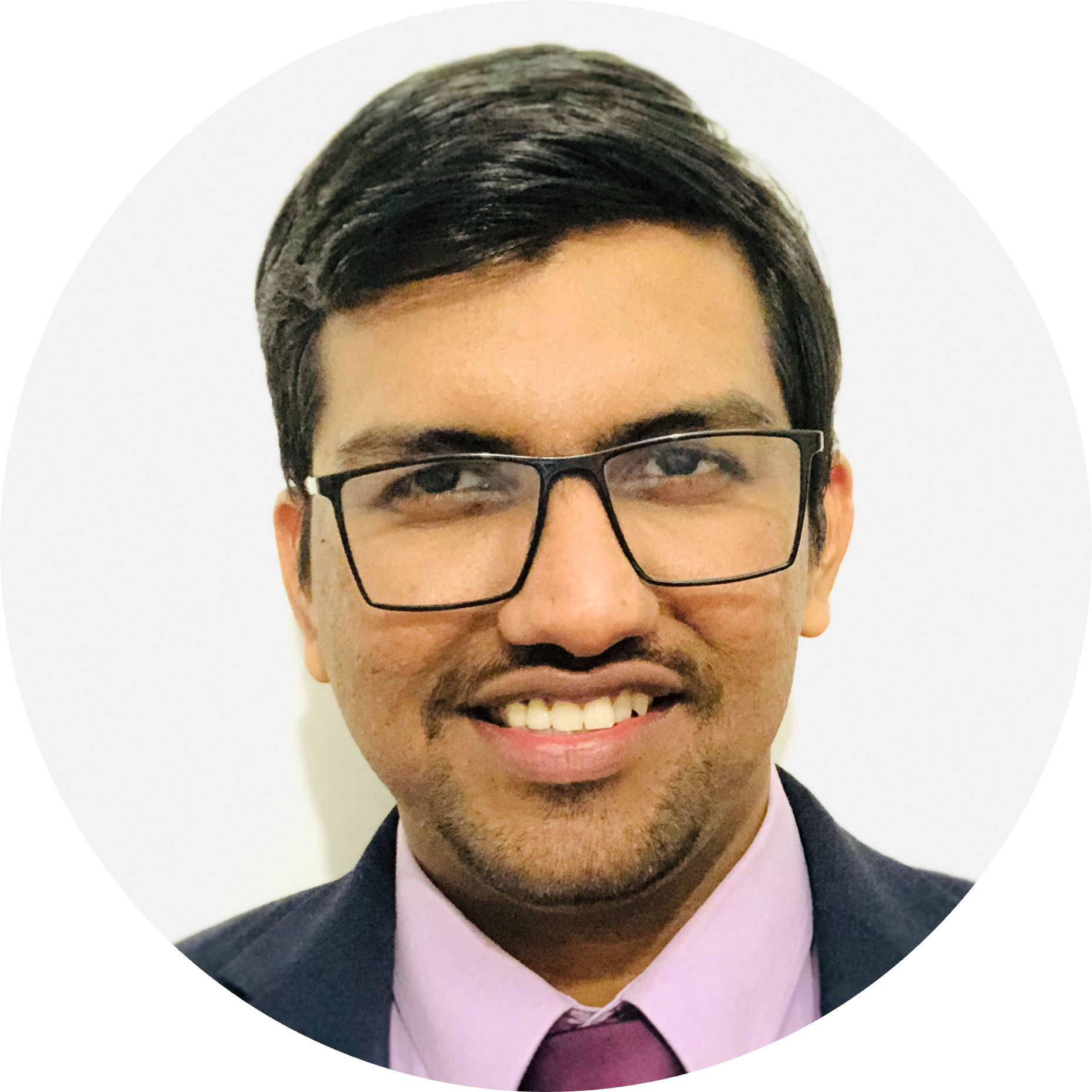In the last years, we experienced a continuous evolution of software architectures. Monolithic systems, n-tier architectures, Service-Oriented architectures, and lately serverless microservices revolutionized system design. Practitioners are keeping on following new trends, including those related to software architectures.
It is interesting to see that in 2014, after the introduction of Microservices, a large number of companies invested a significant amount of effort in migrating their systems to microservices. However, in the fall of 2018, the largest practitioners’ conferences (QCon 2018 London, O’Reilly Software Architecture Conference 2018 - London, AWS Re-Invent 2018) started to push practitioners to shift towards pure serverless applications, often mentioning that the migration to microservices was a mistake. The saga continued in 2020 when the same practitioners’ conferences, practitioners started to recommend a hybrid solution, shifting to serverless microservices. Lately, Google introduced the concept of the ”Modular Monolith” with ”Service Weaver” enabling developers to write applications as a modular monolith and deploy them as a set of microservices.
One of the reasons leading companies to migrate to new architectures is the hype. Companies often migrate because they expect to achieve important benefits, overcoming some major issues. However, this is not always the case, and often the expected benefits are not enough to justify the migration costs.
The above example is just one instance among many, driven by new technologies and their associated promises, that disrupt traditional architectures. It underscores the importance of mastering software-intensive system architecture, not only with a focus on microservices but also in consideration of emerging trends. Other notable examples encompass the impact of the AI mega-trend and Machine Learning (ML) on architectural decisions, the necessity to address sustainability goals and associated concerns at the architectural level, the increasing demand for extreme flexibility and adaptability in all industry sectors due to the prevalence of software-intensive systems resulting from the digital transformation of modern society, and the architectural implications stemming from the application of DevOps and its various specializations.
Within this workshop, our objective is to create a platform for practitioners to share their experiences and for researchers to present their findings regarding these trends. We aim to facilitate a valuable exchange of opinions, mutual learning, and the advancement of the state of the art in adopting these new architectural trends.
Sun 14 AprDisplayed time zone: Lisbon change
09:00 - 10:30 | Keynote 1SATrends at Maria Helena Vieira da Silva Chair(s): Davide Taibi University of Oulu and Tampere University | ||
09:00 90mKeynote | Keynote 1: Matrushka and the spider - or the challenge to connect architectural knowledge across boundaries SATrends | ||
10:30 - 11:00 | |||
10:30 30mCoffee break | Break Catering | ||
11:00 - 12:30 | Software Architecture and InfrastructureSATrends at Maria Helena Vieira da Silva Chair(s): Patricia Lago Vrije Universiteit Amsterdam | ||
11:00 15mTalk | On the need to merge architectural and infrastructural considerations SATrends | ||
11:15 15mTalk | Self-sustaining Software Systems (S4): Towards Improved Interpretability and Adaptation SATrends A: Christian Cabrera Department of Computer Science and Technology, Univesity of Cambridge, A: Andrei Paleyes Department of Computer Science and Technology, Univesity of Cambridge, A: Neil D. Lawrence Department of Computer Science and Technology, Univesity of Cambridge | ||
11:30 15mTalk | Modular Monolith: Is This the Trend in Software Architecture? SATrends | ||
11:45 45mTalk | Working Session on new trends on software architecture SATrends | ||
12:30 - 14:00 | |||
12:30 90mLunch | Lunch Catering | ||
14:00 - 15:30 | Organizational Structure SATrends at Maria Helena Vieira da Silva Chair(s): Luciano Baresi Politecnico di Milano | ||
14:00 15mTalk | Understanding the Causes of Microservice Logical Coupling: an Exploratory Study SATrends P: Dario Amoroso d'Aragona Tampere University, A: Xiaozhou Li University of Oulu, A: Andrea Janes Free University of Bozen-Bolzano | ||
14:15 15mTalk | A Framework for Microservice Organizational Structure Optimization SATrends | ||
14:30 60mTalk | Working Session on Organizational Structure SATrends | ||
15:30 - 16:00 | |||
15:30 30mCoffee break | Break Catering | ||
16:00 - 17:30 | Keynote 2SATrends at Maria Helena Vieira da Silva Chair(s): Henry Muccini University of L'Aquila, Italy | ||
16:00 90mKeynote | Keynote 2: Playing with Abstractions: Can LLMs be Architects New Best Friend? SATrends | ||
Accepted Papers
Call for Papers
2nd International Workshop on New Trends in Software Architecture (SATrends2025)
In this workshop, we aim to establish a forum to collect experiences, including failures and success stories, enabling practitioners and researchers to exchange opinions, learn from each other, and progress the state of the art in software architectures. Given the goals of the workshop, we are not interested in specific technical submissions, but we are looking for papers including (but not limited to):
- Industrial Experience Reports.
- Position Papers.
- Extended Abstracts.
All contributions will undergo a thorough peer review by three program committee members. Accepted papers will be included in the IEEE workshop proceedings.
A selection of SATrends2024 papers will be considered for extension and submission to the ICSA 2024 NEMI track
Program
09:00- 09:15 Opening
9:15 - 09:45 SATRENDS-1-Keynote: Matrushka and the spider - or the challenge to connect architectural knowledge across boundaries.
(Chair: Davide Taibi)
Abstract
Architectural knowledge management emerged in the mid-2000s as a way to address the ‘why’ behind architecture designs. Since then, the field has seen many developments but all typically focus on (the knowledge of) a single architecture model. This is, however, an artificial boundary.
Matrushka and the spider are two creatures that habitually cross this boundary, and force us to cross it too. Matrushka challenges our understanding of what the scope of a ‘software intensive system’ is. The spider weaves a web in which everything becomes more and more connected - entangled, perhaps.
This talk addresses insights from industry and challenges for practitioners and researchers who are looking to connect architectural knowledge across the boundary of architecture in isolation.
Bio

Dr. Remco de Boer is a partner at ArchiXL, a Dutch enterprise & information architecture consultancy, where he leads the development of their semantic knowledge management platform. He is a Research Fellow in Digital Architecture at the Vrije Universiteit Amsterdam, where he also lectures the Digital Architecture course. As a practicing architect, he is involved in the design and evolution of national reference architectures for education and cultural heritage. His interests include the use of semantic technologies to integrate and link knowledge sources to support knowledge management. His ideas on architectural knowledge management have had a significant impact on the way in which the Dutch public sector and other organizations now treat their architectural knowledge.
9:45 - 10:30 Q&A and Discussion
10:30-11:00 break
11:00-12:30 SATRENDS-2: “New Trends on Software Architecture” (Chair: Patricia Lago)
11:00 - 11:15 On the need to merge architectural and infrastructural considerations
11:15 - 11:30 Self-sustaining Software Systems (S4): Towards Improved Interpretability and Adaptation
11:30 - 11:45 Modular Monolith: Is This the Trend in Software Architecture?
11:45 - 12:30 Working Session on new trends on software architecture
12:30-14:00 lunch
14:00-15:30 Session SATRENDS-3 “New Trends on Organizational Structure” (Chair: Luciano Baresi)
14:00 - 14:15 Understanding the Causes of Microservice Logical Coupling: an Exploratory Study
14:15 - 14:30 A Framework for Microservice Organizational Structure Optimization
14:30 - 15:30 Working Session on Organizational Structure
15:30-16:00 break
16:00-16:30 SATRENDS-2-Keynote: Playing with Abstractions: Can LLMs be Architects New Best Friend? (by Karthik Vaidhyanathan)
(Chair: Henry Muccini)
Abstract
Text is a powerful abstraction of reality, like architecture abstracts complex software systems. The advent of Large Language Models (LLMs) has set new benchmarks in understanding and generating human-like text, revolutionizing multiple sectors. In this talk, we explore some of these capabilities of LLMs to understand whether LLMs can be architects new best friend. Beginning with an overview and background of LLMs, we delve into their capabilities in generating design decisions, thereby contributing to better knowledge management. We further discuss how we are leveraging LLMs capabilities for runtime self-adaptation and conclude by showcasing our recent efforts in developing a Generative AI powered autonomous CloudOps Copilot.
Bio

Karthik Vaidhyanathan is an Assistant Professor at the Software Engineering Research Center, IIIT-Hyderabad, India where he is also associated with the leadership team of smart city living lab. His main research interests lie in the intersection of software architecture and machine learning with a specific focus on building sustainable software systems. His research focuses on how machine learning techniques, in particular Generative AI can be leveraged to better architect software systems and further how to better define architecting practices for developing Machine Learning-enabled software systems. As a part of his research activities, he serves as a reviewer/committee member in various workshops, conferences, and journals. He is also an editorial board member of IEEE Software.
16:30 - 17:00 Q&A and Discussion on LLMs for SA
17:00 - 17:30 Final discussion and conclusions
Important Dates
- Paper Submission: Dec 7
- Paper Notification: Jan 11
- Camera Ready: Jan 25
Submissions
Submissions of papers for SATrends must:
- Follow the ACM proceedings format
- Be submitted through the workshop submission system at EasyChair
- Have a maximum length of 4 pages